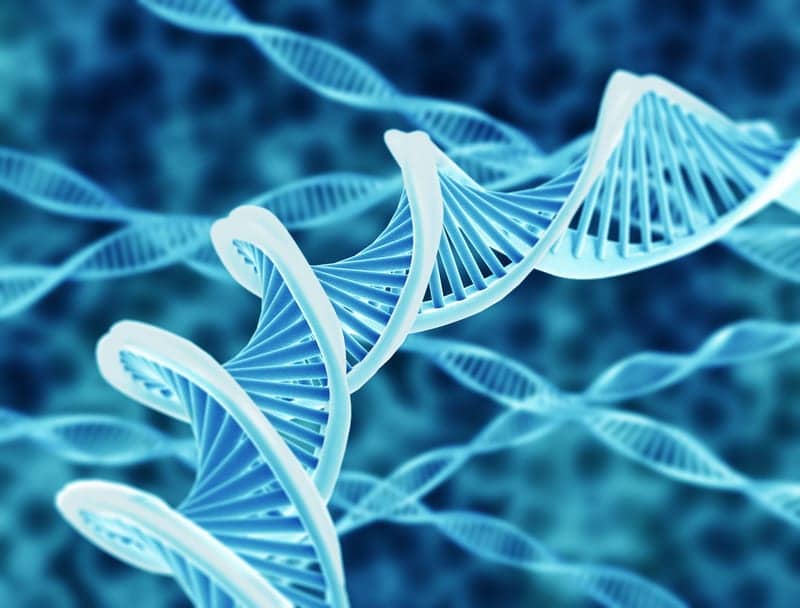Mouse pups exposed to an immune response in the womb show autism-like behaviors and altered gene expression in brain cells called microglia.
Researchers presented the findings today at the 2017 Society for Neuroscience annual meeting in Washington, D.C. The findings were also published today in GLIA.
Epidemiological studies suggest that women who have an infection or an autoimmune condition while pregnant are at an increased risk of having a child with autism. Mouse studies have shown that the mother’s immune molecules can disrupt fetal brain development and lead to autism-like features, such as repetitive behaviors and social problems. Most of this work is based on mice treated with a chemical that mimics an infection.
In the new work, researchers injected female mice with a protein called ovalbumin. The mice become sensitive to the protein, such that subsequent aerosol exposures elicit an immune reaction reminiscent of allergic asthma in people.










